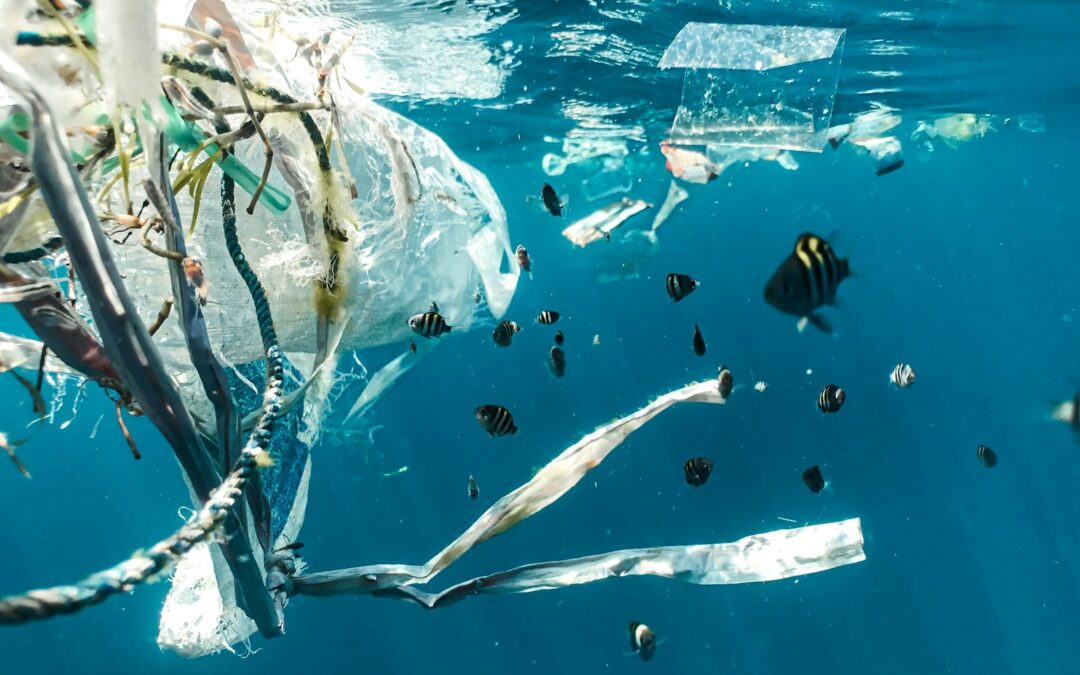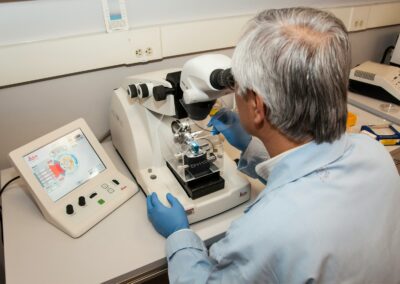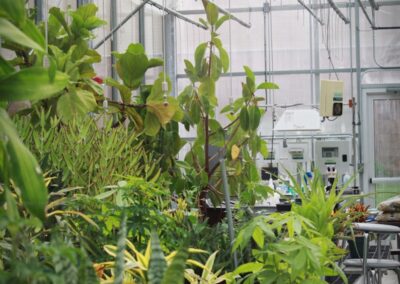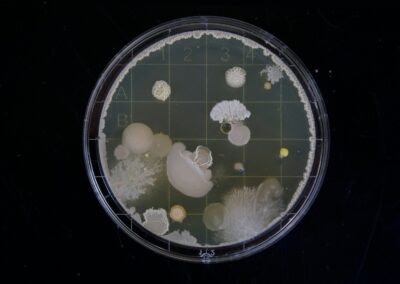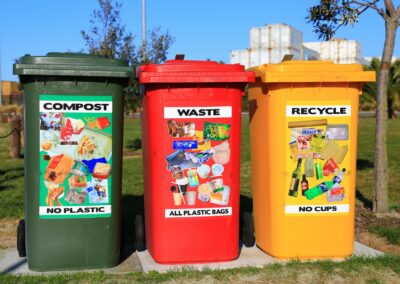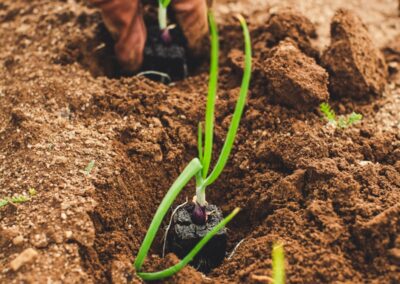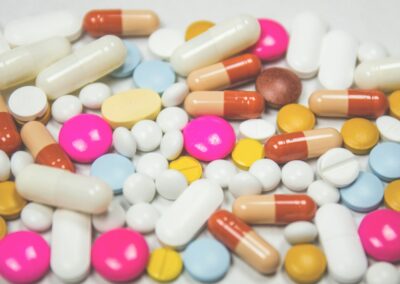The Impact of Synthetic Biology on Sustainable Material Production
Advancements in Bio-based Plastics through Synthetic Biology
Synthetic biology is revolutionizing the design and production of bio-based plastics and other sustainable materials. By combining principles of biology and engineering, synthetic biology enables the creation of environmentally friendly alternatives to traditional plastics. In regions like Saudi Arabia and the UAE, where sustainability is a key component of national development strategies, these advancements hold significant promise for reducing environmental impact and fostering economic growth.
In Saudi Arabia, where the Vision 2030 initiative emphasizes sustainable development, synthetic biology can play a crucial role in achieving these goals. Bio-based plastics, created from renewable biological sources such as plants and microorganisms, offer a viable solution to the environmental challenges posed by conventional plastics. By leveraging synthetic biology, scientists can engineer organisms to produce polymers that mimic the properties of traditional plastics but are biodegradable and have a lower carbon footprint. This aligns with Saudi Arabia’s commitment to innovation and environmental stewardship, contributing to a more sustainable future.
Similarly, in the UAE, where innovation and technology are integral to national development, synthetic biology supports the vision of becoming a leader in sustainable manufacturing. The development of bio-based plastics can significantly reduce reliance on fossil fuels and decrease plastic waste, promoting a circular economy. By investing in synthetic biology research and development, the UAE can position itself at the forefront of global efforts to create sustainable materials. This approach not only benefits the environment but also drives economic growth by creating new industries and job opportunities.
Mechanisms of Synthetic Biology in Sustainable Material Design
Synthetic biology offers various mechanisms for designing and producing bio-based plastics and sustainable materials. One promising approach is the engineering of microorganisms to produce biopolymers. These microorganisms can be genetically modified to convert renewable feedstocks, such as agricultural waste or algae, into high-value polymers. In Riyadh and Dubai, where research institutions are leading the way in innovative solutions, this approach is being explored for its potential to revolutionize material production.
Another innovative mechanism involves the use of synthetic biology to create new pathways for polymer synthesis. By designing and assembling synthetic genes, scientists can create microorganisms that produce novel polymers with tailored properties. For example, researchers can engineer bacteria to produce polyhydroxyalkanoates (PHAs), a family of biodegradable plastics with diverse applications. In Saudi Arabia and the UAE, the development of such biopolymers offers a promising avenue for sustainable material production, allowing for the creation of custom-designed plastics that meet specific industry needs.
Furthermore, synthetic biology enables the development of bio-based composites, which combine natural fibers with biopolymers to create materials with enhanced properties. These composites can be used in various applications, from packaging to automotive parts, providing sustainable alternatives to traditional materials. In Riyadh and Dubai, the integration of bio-based composites into manufacturing processes can enhance product performance while reducing environmental impact. By leveraging synthetic biology, these regions can lead the way in sustainable material innovation.
Ethical and Regulatory Considerations in Synthetic Biology for Sustainable Materials
One of the primary ethical concerns is the potential for unintended environmental impacts. Rigorous testing and risk assessments are necessary to ensure that bio-based plastics and other sustainable materials do not pose unforeseen risks to ecosystems. In Riyadh and Dubai, policymakers are working towards establishing guidelines that ensure the responsible use of synthetic biology technologies in material production. These guidelines will help protect the environment and build public trust in innovative materials.
Public engagement and effective communication are also crucial in addressing ethical concerns and fostering acceptance of synthetic biology. In Saudi Arabia and the UAE, public awareness campaigns and educational initiatives can help demystify synthetic biology and highlight its benefits for sustainable material production. By engaging the public in informed discussions and addressing their concerns, these nations can build a supportive environment for the adoption of synthetic biology technologies.
Executive coaching and management consulting services play a vital role in navigating the complex landscape of synthetic biology in sustainable material production. Business executives and mid-level managers must be equipped with the skills to lead ethically and communicate effectively with stakeholders. In Dubai and Riyadh, executive coaching programs provide tailored guidance to leaders, helping them foster a culture of ethical innovation and corporate responsibility. Management consulting firms offer expertise in strategic planning, risk management, and stakeholder engagement, ensuring that synthetic biology projects align with ethical standards and best practices.
#SyntheticBiology #BioBasedPlastics #SustainableMaterials #Biotechnology #AIinManufacturing #BlockchainInProduction #DubaiInnovation #RiyadhTechnology #BusinessSuccess #ExecutiveCoaching #EffectiveCommunication

